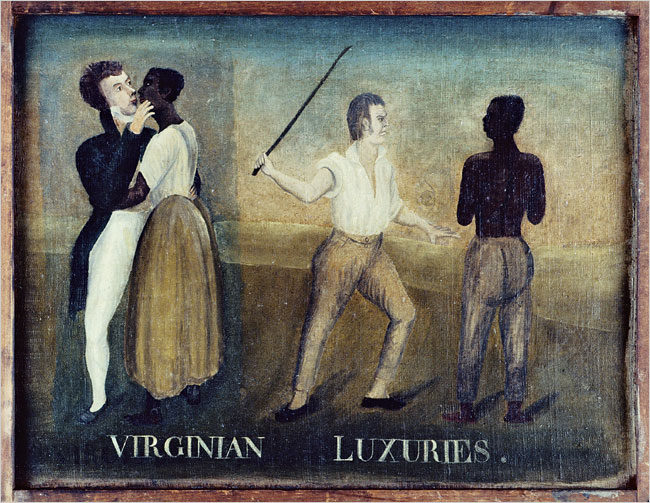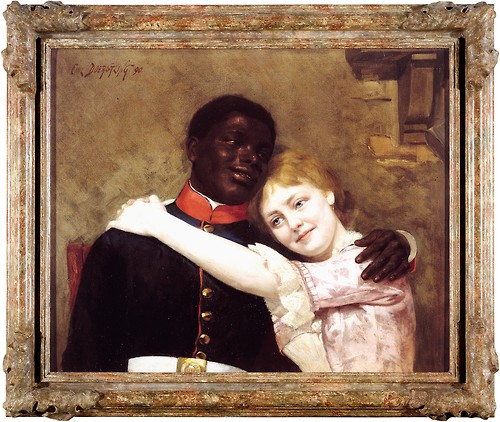Male Criticisms of Black Womanhood
Last class, Amanda posed the following question:
“In recognizing the importance of for colored girls centralizing collectivity among black women, or what Soyica Diggs Colbert describes as “creating alternative sites of belonging,” how can we begin to explore and deconstruct criticism of the play’s presentation of black men?”
I cannot help but want to answer this question in light of this week’s reading. Though there is an incredible sense of community and sisterhood between the women in for colored girls and part of the glue that binds them is their experiences (whether positive or oppressive) with black men.
In a world without men, for colored girls would cease to exist. Poems such as “latent rapists,” “sorry,” “abortion cycle #1” in for colored girls speak to neglect, rape and misfortune in black women’s lives that is a result of black men’s behavior. Probably the reason why the criticism hits home for the male critics of for colored girls is because the women are not abused by an abstract, distance entity, but are “bein betrayed by men who know [them]” (33) and those have been “considered a friend” (34).
Michele Wallace’s Black Macho provides an illuminating explanation as to the reason behind tension between black men and women. She states, “There was a misunderstanding between the black man and the black woman, a misunderstanding as old as slavery” (12). Wallace explains that black men and women have never been united in their struggles for liberation because black women have always been seen as siding with the white man. They were favored by the white men because of their sex appeal and their ability to work in the home as maids and caretakers. As a result, black men have come to conceive of black women as accomplices with the white man in the “historical castration of black manhood” as Larry Neal puts it (SOS-Calling All Black People 61). Wallace also explains that the myth of the superwoman or the matriarchal strong black woman helps to further portray black women as complicit in the demasculinization of black men.

Different treatment of the black man and woman by the white slave master
This week’s readings also relate to my post “Engaging Black Masculinity” in which Shange references Richard Wright’s Native Son to demonstrate how the plight of the black men and woman is a result of the white woman. Wallace illustrates this when she writes, “Black men often could not separate their interest in white women from their hostility towards black women” (10). In addition, Neal states that “it is the fantasy to which Frantz Fanon alludes in The Wretched of the Earth and Black Skin, White Mask: the native’s belief that he can acquire the oppressor’s power by acquiring his symbol, one of which is the white woman” (SOS 61).

I am especially interested in further exploring the tension that exists between black and white women as point of departure for talking about feminism in the context of women of color and how Shange addresses this in her work.

